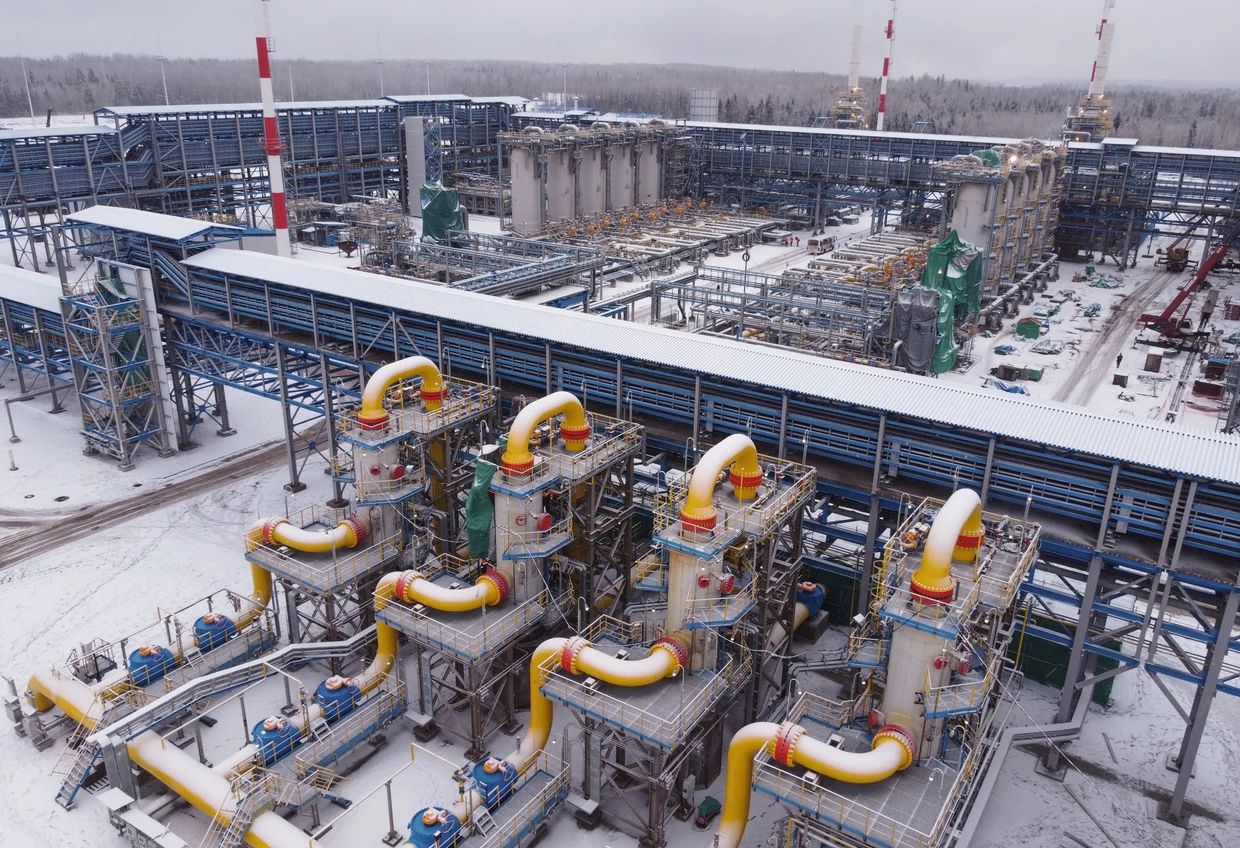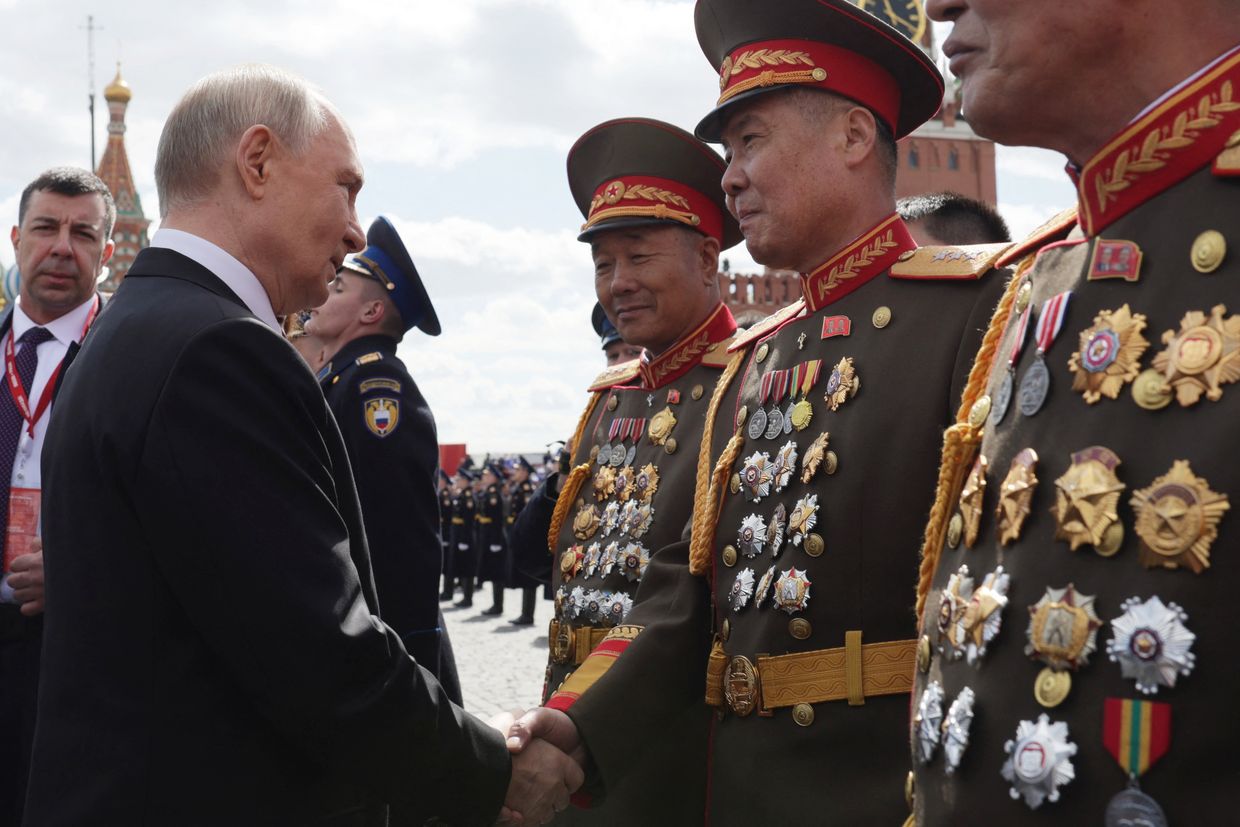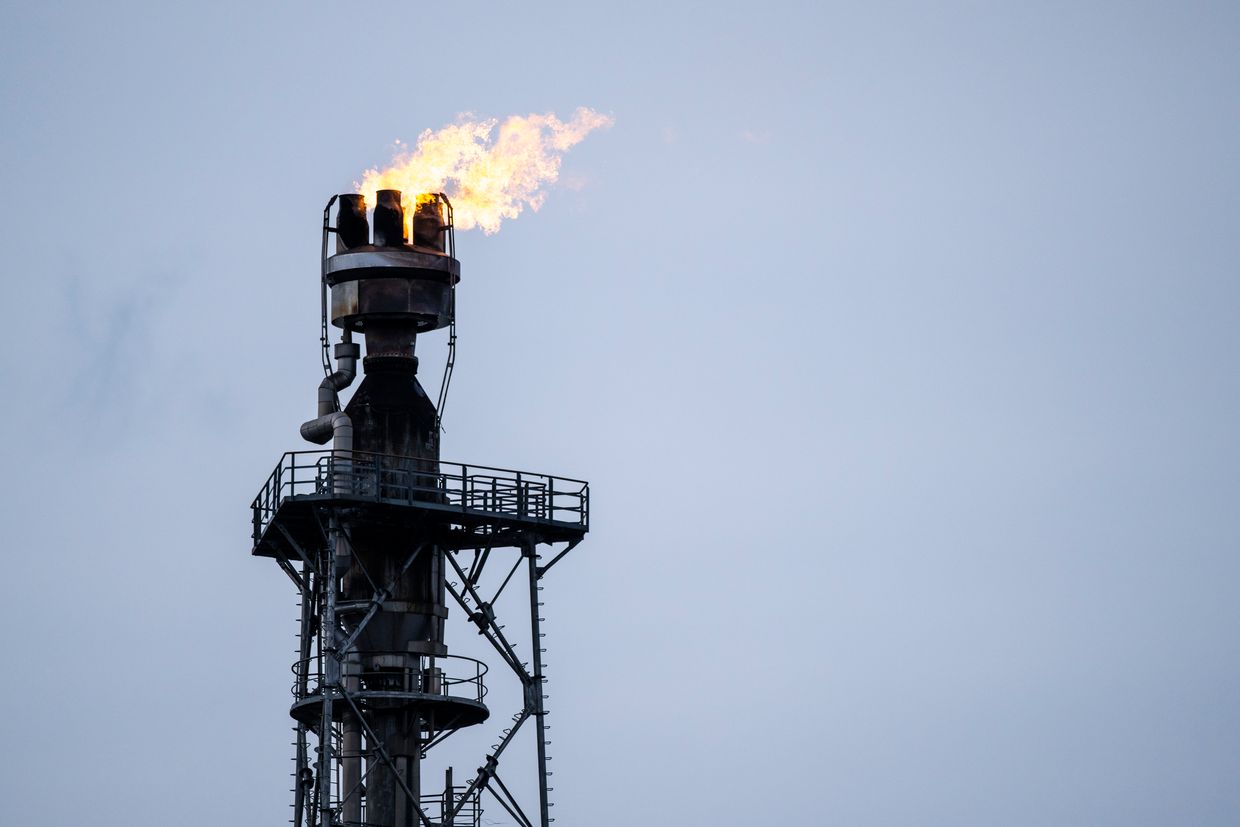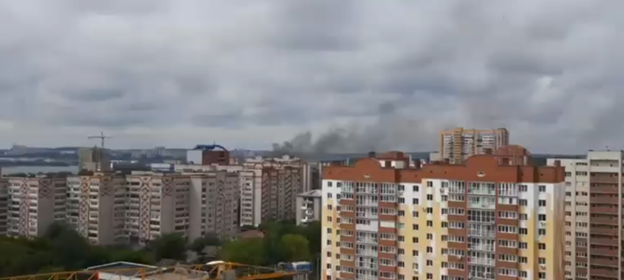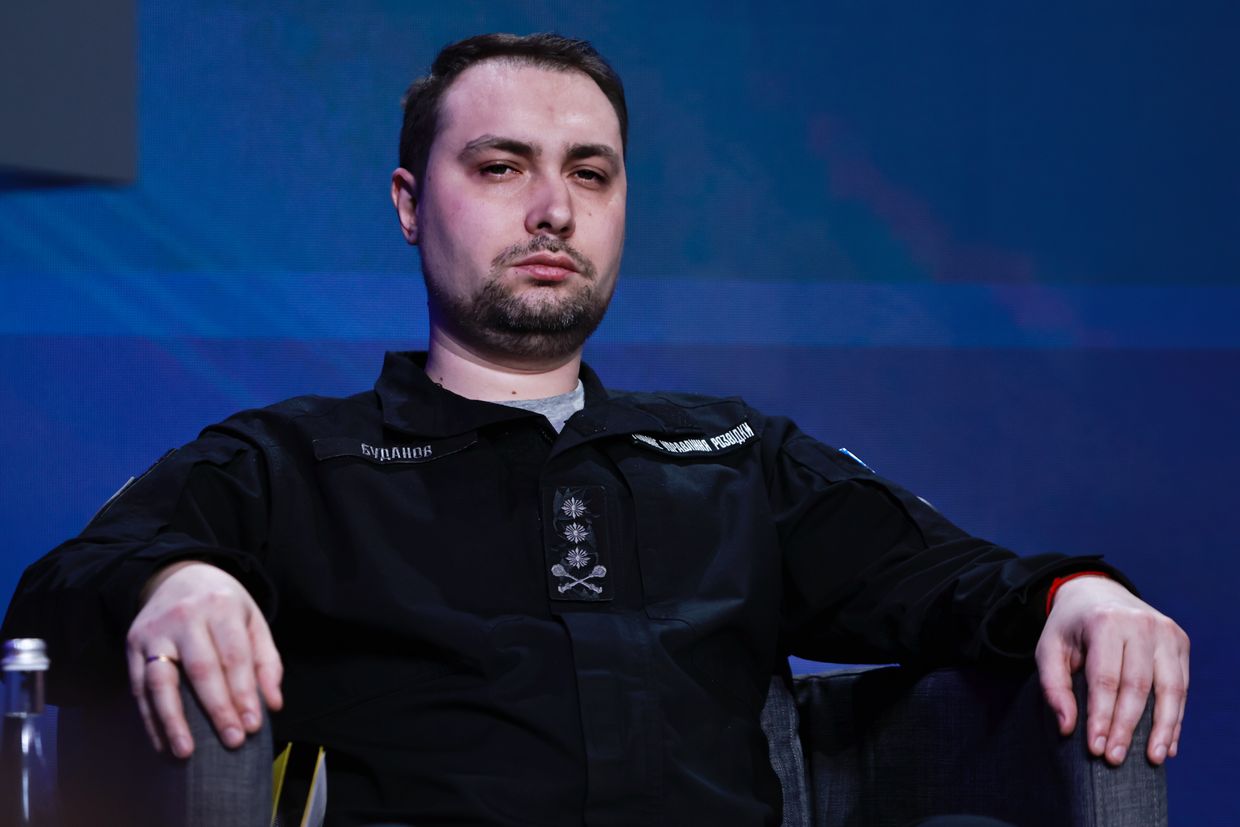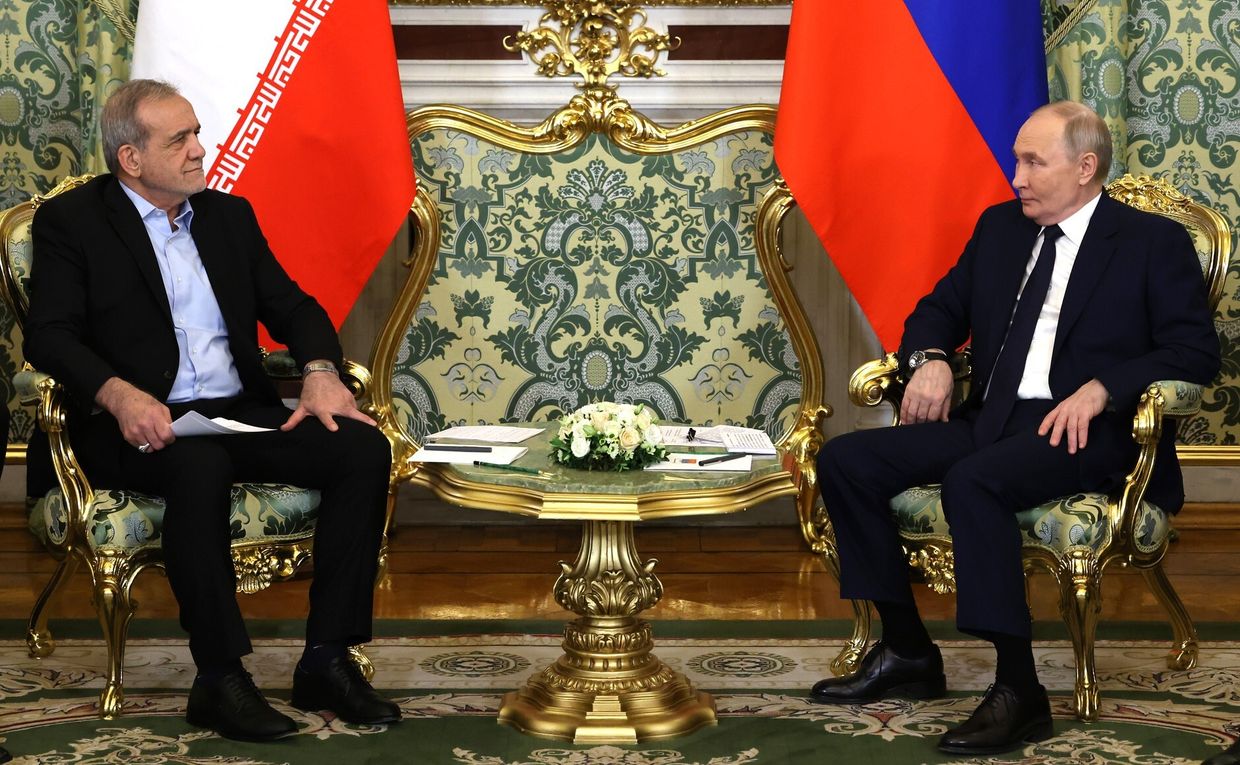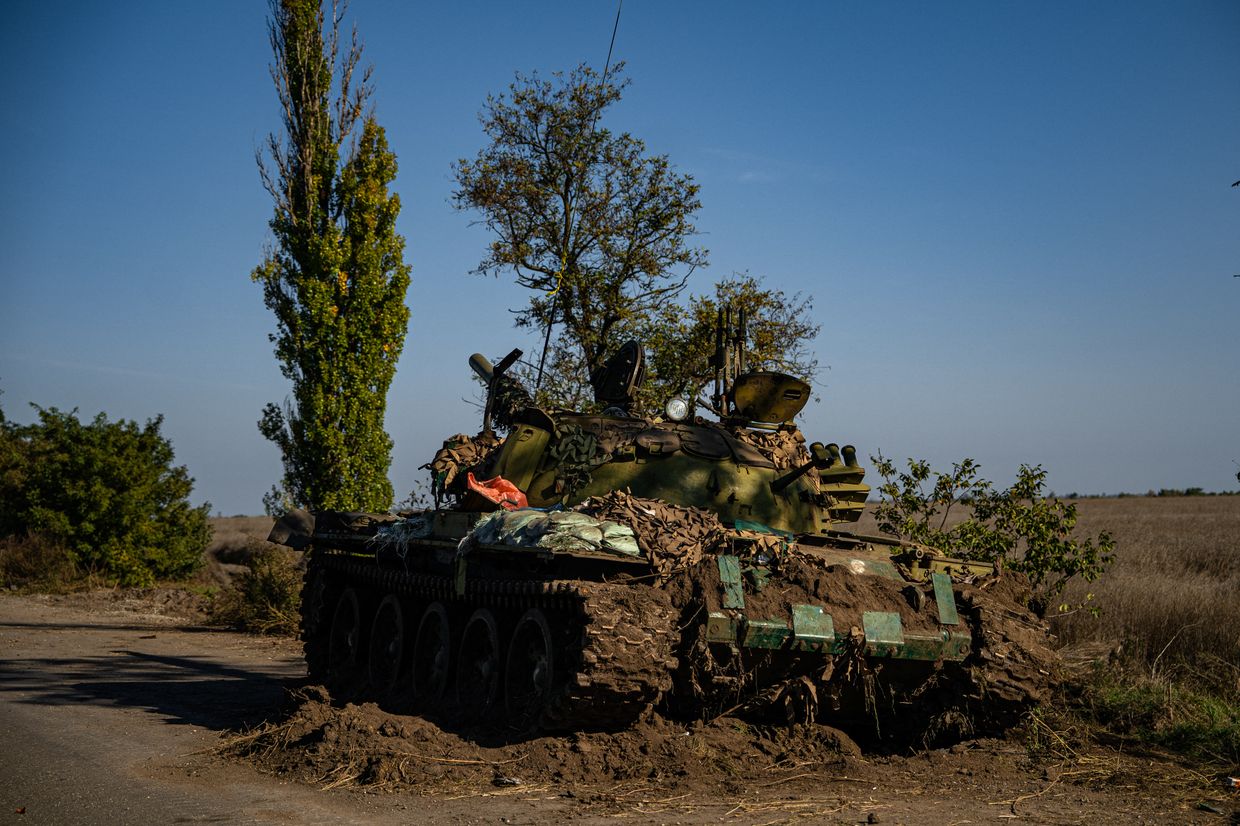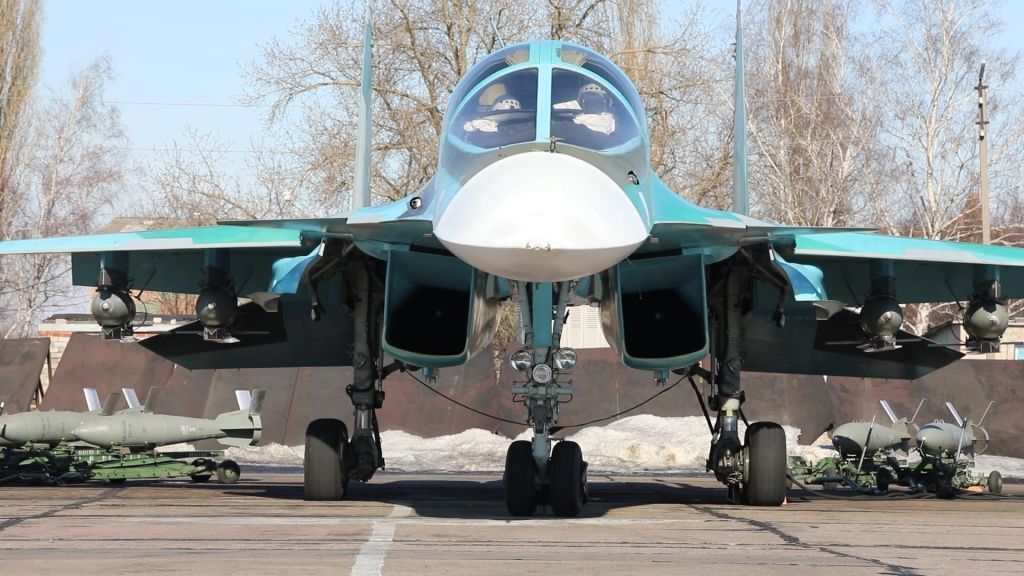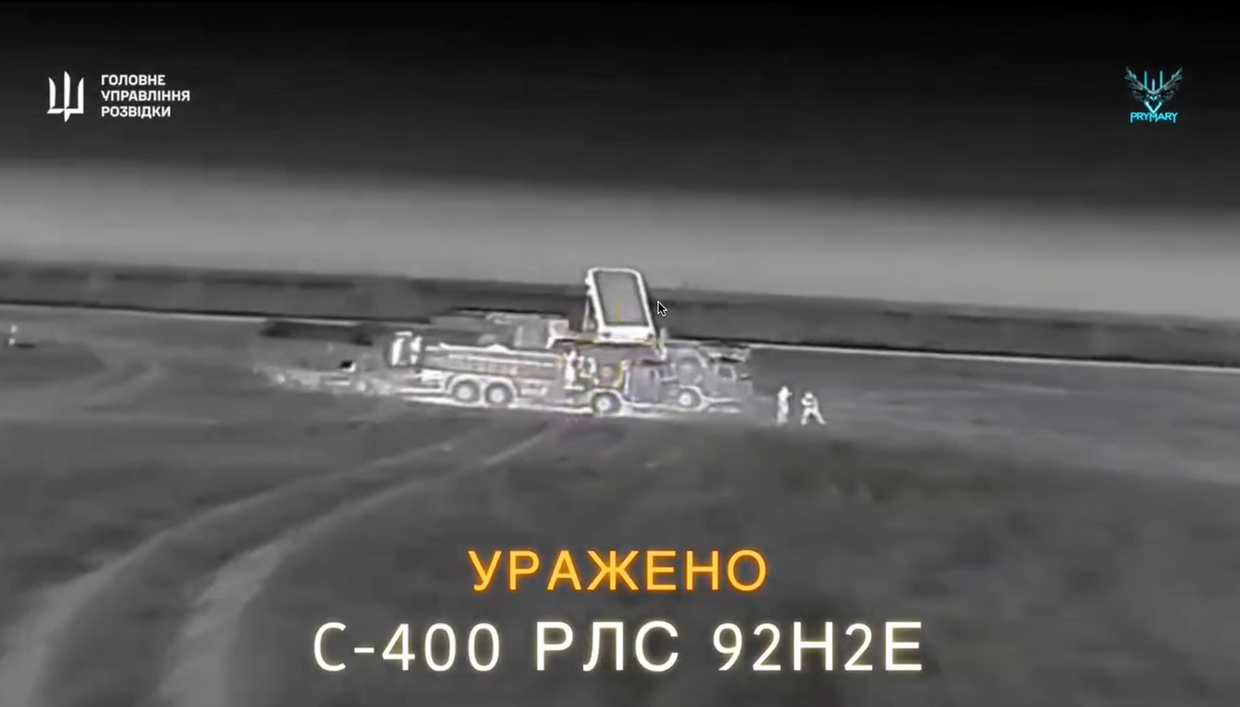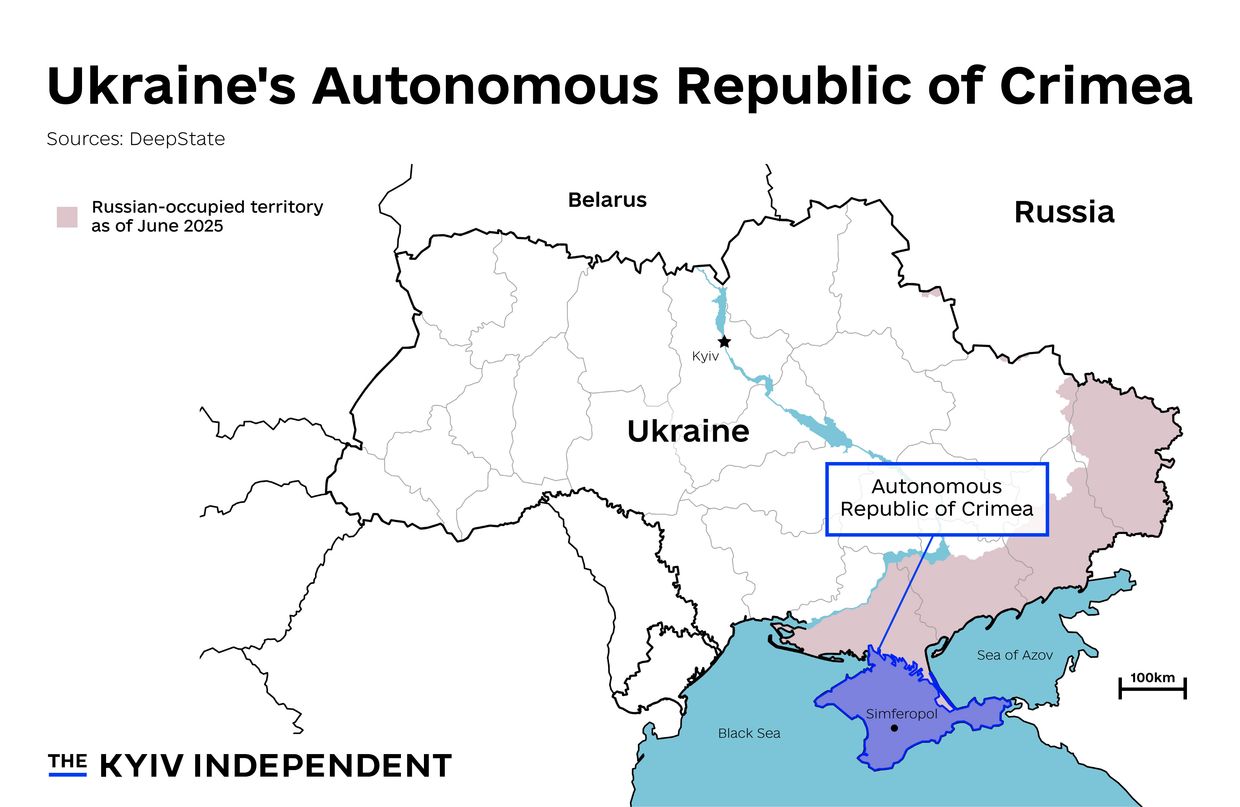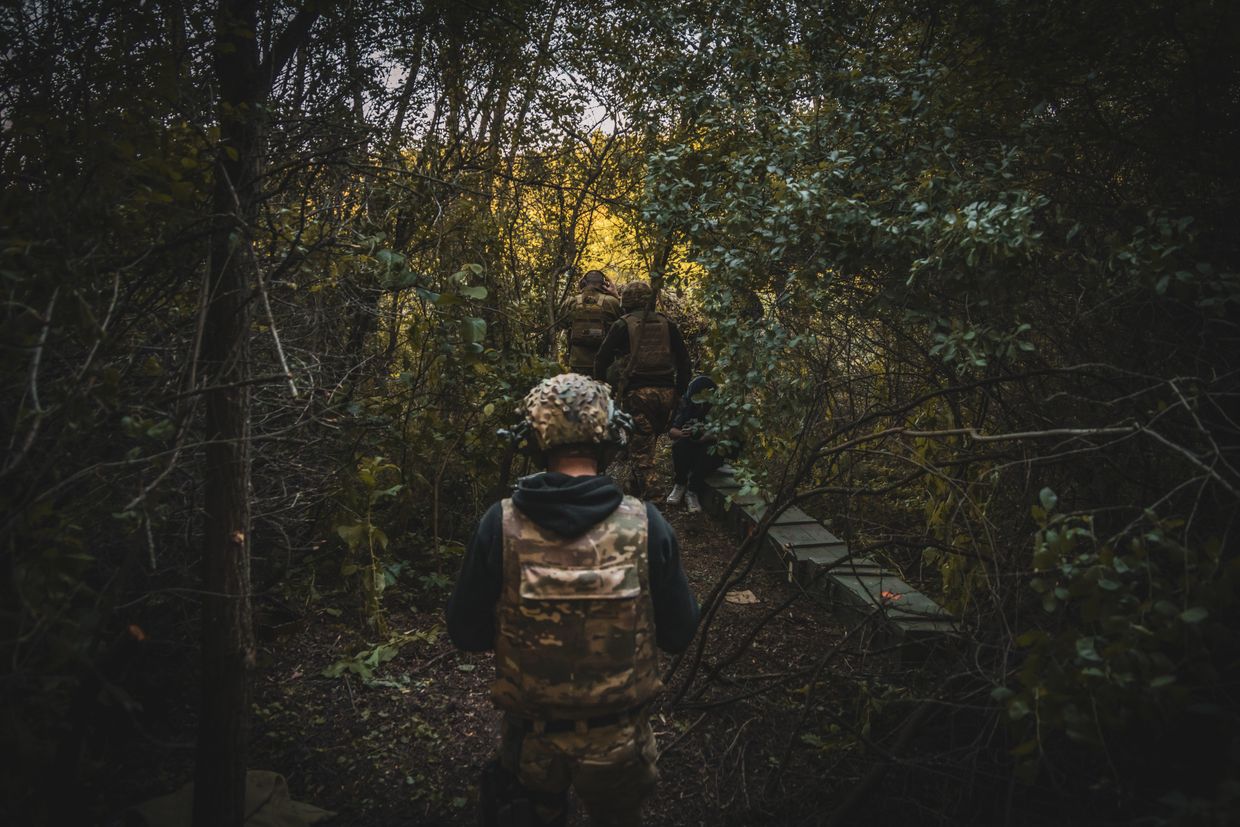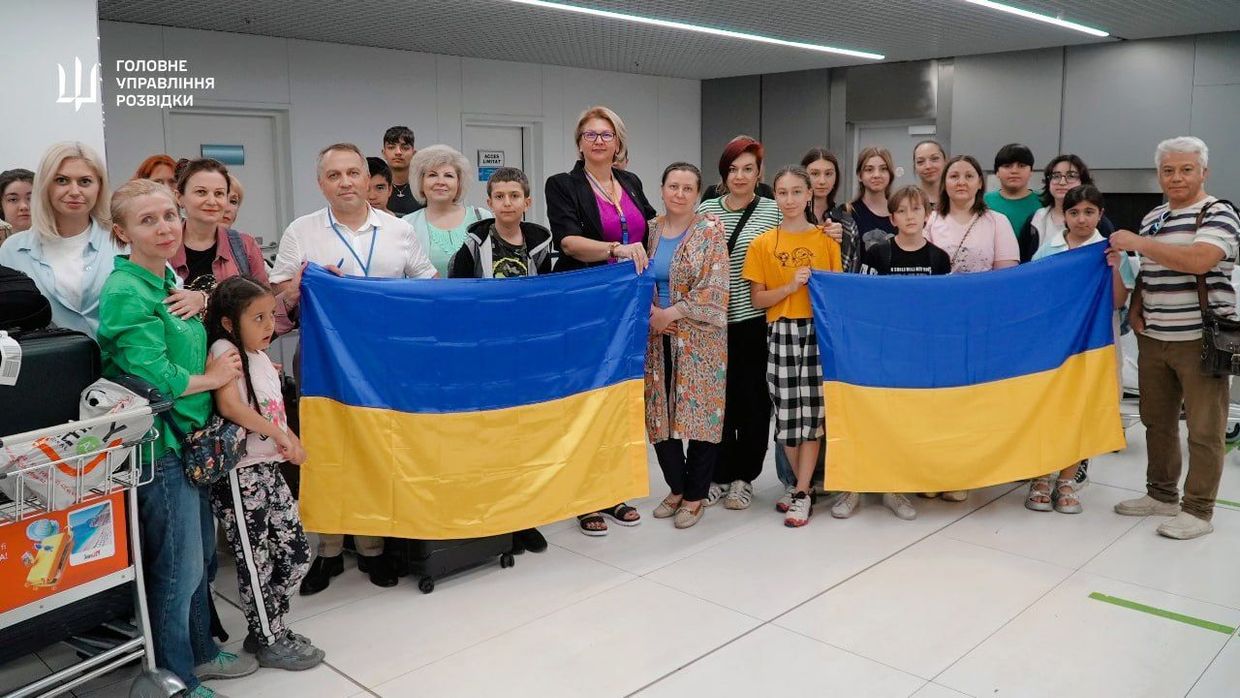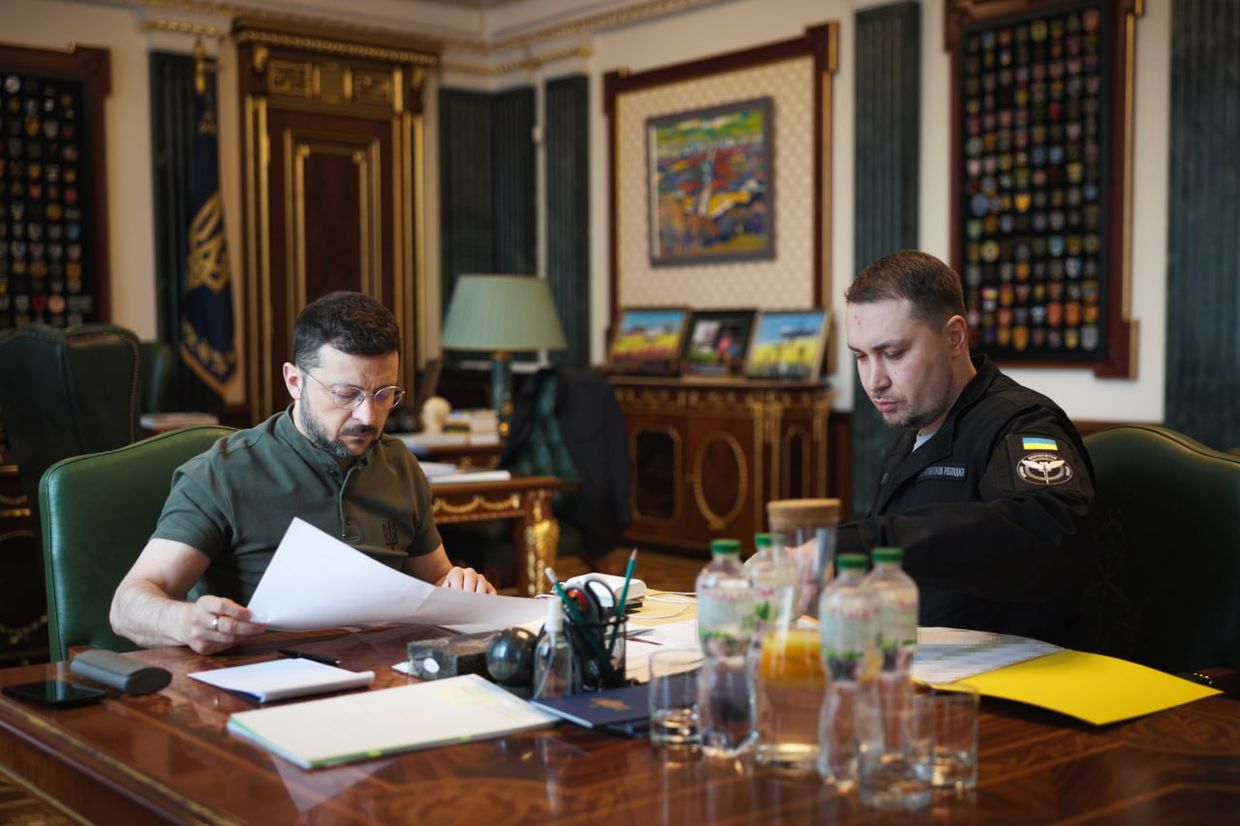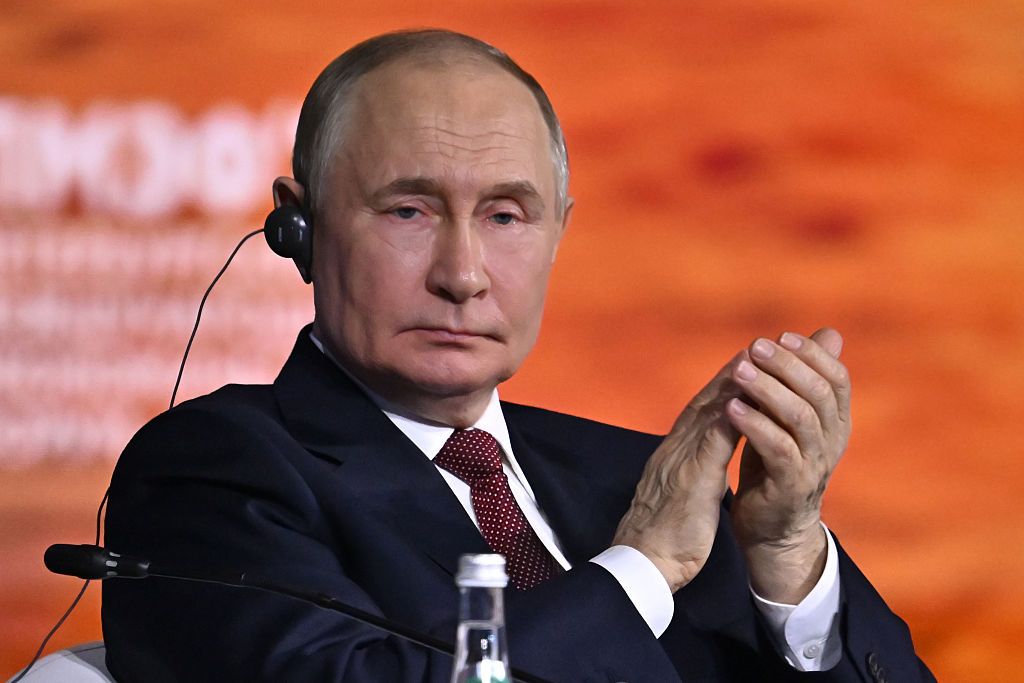Yerevan denies Ukraine's report on Russia increasing military footprint in Armenia
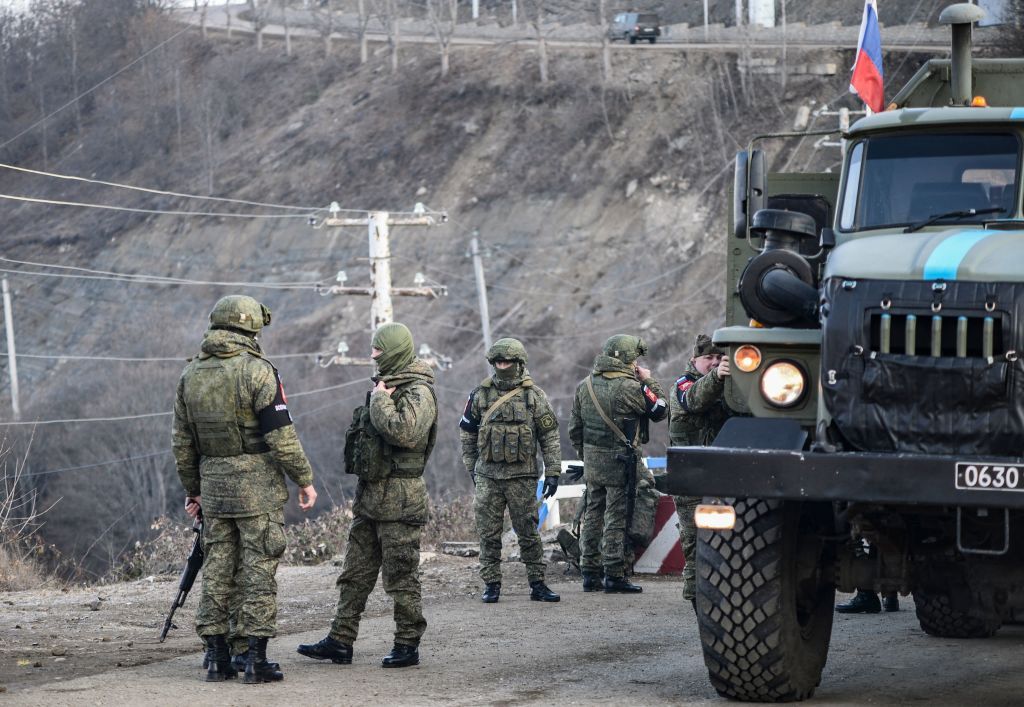
Armenia's Foreign Ministry on July 5 denied claims by Ukraine's military intelligence (HUR) that Russia was intensifying its military presence at the country's Gyumri base to exert greater influence in the South Caucasus, the media outlet News Armenia reported.
The news comes amid a major deterioration in Russian-Azerbaijani relations after a deadly June 27 operation in Russia's Yekaterinburg, where Russian security forces killed two Azerbaijani nationals and injured several others in a raid linked to a 2001 murder case.
HUR claimed on July 5 that Russia was increasing its military presence in Gyumri and recruiting new troops for the base. Ukraine's military intelligence argued that the alleged move was aimed at "destabilizing the global security situation."
Ani Badalyan, the Armenian Foreign Ministry's spokesperson, rejected the report.
"In response to the fictitious information that appeared in the press, the Republic of Armenia reaffirms its principled position that the territory of the Republic of Armenia cannot be used by third states to carry out military actions against any of its neighboring states," she said, as cited by News Armenia.
Armenia has had a historically close relationship with Russia but the relations between Yerevan and Moscow have recently deteriorated.
Russia's leverage over both Baku and Yerevan has diminished dramatically since Azerbaijani troops captured Nagorno-Karabakh, an Armenian-controlled region in Azerbaijan, in 2023.
Russian peacekeepers later withdraw from the region, and now Baku and Yerevan are negotiating a permanent peace deal.
Armenia, which has lambasted Moscow for failing to help it during the Nagorno-Karabakh conflict, is drifting closer to the West.
Armenian Prime Minister Nikol Pashinyan has suspended the country's membership in a Russian-led military alliance and announced plans to join the European Union. Recently there has also been a crackdown on the pro-Russian opposition in Armenia.
 The Kyiv IndependentTim Zadorozhnyy
The Kyiv IndependentTim Zadorozhnyy
